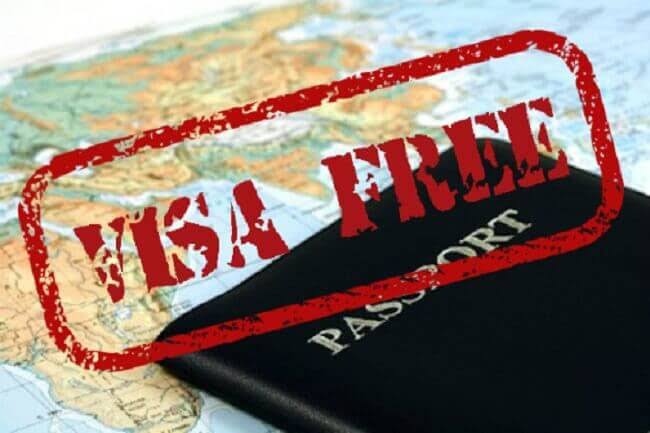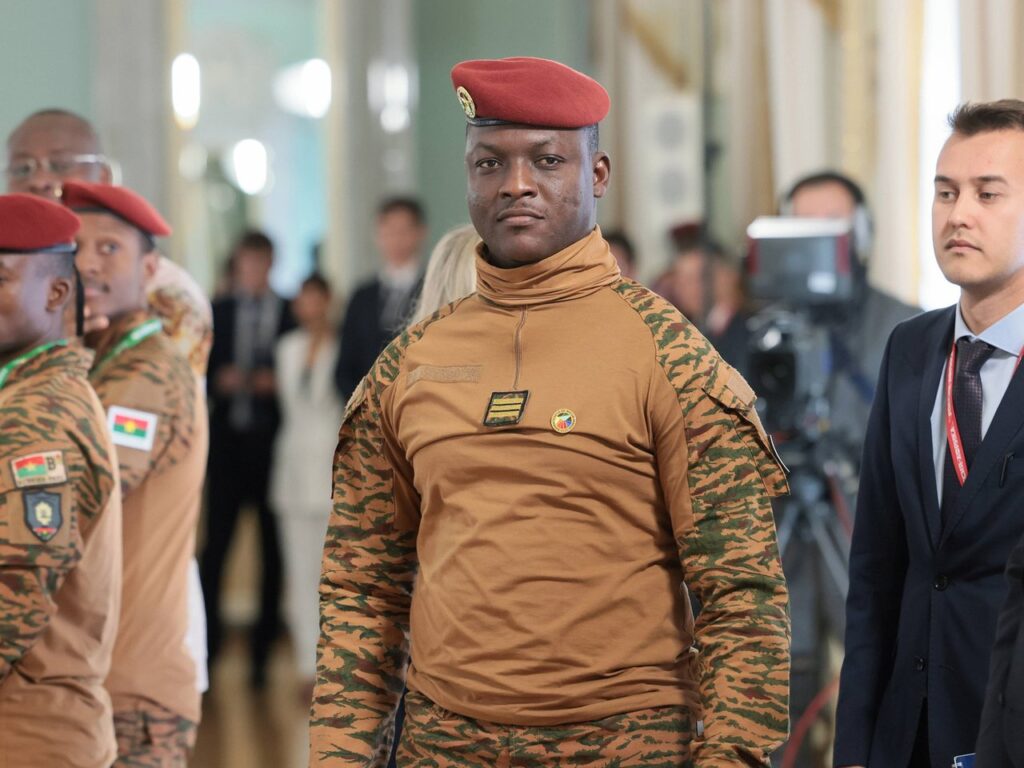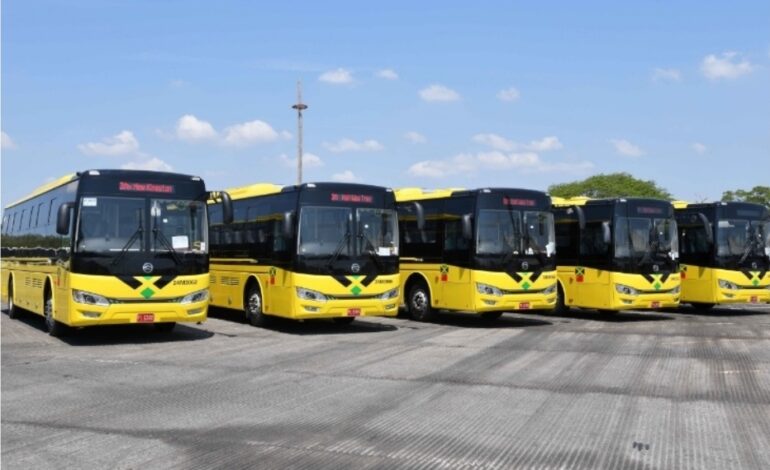
Faith Nyasuguta
Burkina Faso has officially scrapped visa fees for all African travellers in a bold move to strengthen regional integration, tourism, and Pan-African unity. Security Minister Mahamadou Sana announced the decision after a cabinet meeting, stating that African citizens visiting the country will no longer be required to pay visa fees. However, travellers will still need to complete an online visa application for approval before their journey.
This policy aligns Burkina Faso with other African nations such as Ghana, Rwanda, and Kenya, which have recently eased travel restrictions for fellow Africans. It signals a growing continental trend to boost intra-African travel and cultural exchange. In January, Ghana announced that all African passport holders can now visit visa-free, while Rwanda already allows visa-free entry. Kenya, meanwhile, introduced an e-visa system that simplifies the process for most visitors.
Burkina Faso’s decision comes at a significant moment. Although citizens from West African countries already enjoy visa-free entry under regional agreements, the country – alongside Mali and Niger – has withdrawn from the Economic Community of West African States (ECOWAS). This exit cast uncertainty on travel rules within the region. Yet, by removing visa fees for all Africans, Burkina Faso sends a clear message that it remains committed to African unity, despite changing political alliances.

The policy also reflects the vision of Captain Ibrahim Traore, the leader who seized power in 2022 and often presents himself as a champion of Pan-Africanism. He has repeatedly spoken against colonial influence and is popular with young Africans on social media. Nonetheless, critics argue that his government has tightened restrictions while still grappling with severe security challenges. Like its Sahel neighbours, Burkina Faso faces relentless attacks from jihadist groups, with an estimated 40% of its territory under militant control.
Despite these hurdles, officials say scrapping visa fees will help showcase Burkinabe culture, attract more tourists, and improve the country’s visibility abroad. It may also generate goodwill among African travellers at a time when the African Union is advocating for a single continental passport to simplify movement between nations.
Burkina Faso’s move is more than a travel policy – it’s a statement of intent. Can it inspire other countries to follow suit and make free movement across Africa a reality?

RELATED:








